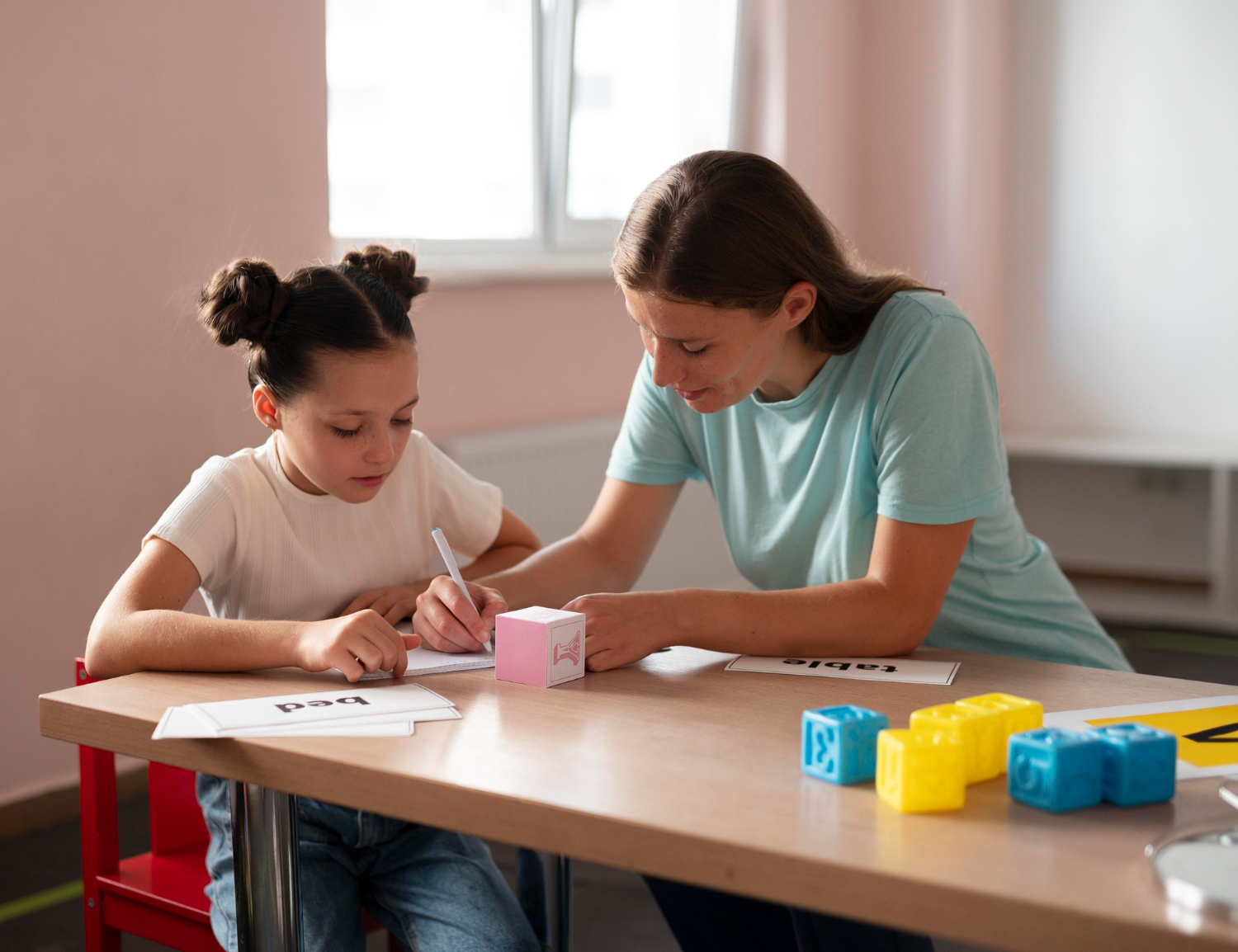Children’s Therapeutic Services and Supports (CTSS) is a vital program in Minnesota that provides mental health services to children and youth under age 21 with emotional disturbances or behavioral disorders. CTSS is designed to restore, improve, and maintain emotional and behavioral health through flexible, individualized services offered in the home, school, and community.
CTSS services focus on skill-building and therapeutic support, empowering children and their families to achieve long-term success. These services are reimbursed by Minnesota Health Care Programs (MHCP), including Medicaid (MA) and managed care plans.
For more information, visit the Minnesota DHS CTSS page.





MHBAs work one-on-one with children under the supervision of licensed professionals. They reinforce skills taught in therapy and assist children in using these skills effectively in real-life situations.

CTSS services are available to children and youth under the age of 21 who have:



CTSS services can be provided in a variety of settings, including:





MHBAs assist children in practicing and applying the skills learned in therapy or skills training. They provide one-on-one support under the supervision of a mental health professional.

The DA identifies the child’s mental health needs and guides the creation of an Individual Treatment Plan (ITP). It is required to start CTSS services.

To begin, contact us to schedule a diagnostic assessment. Once the assessment is complete, we will work with you to develop an individualized treatment plan tailored to your child’s needs.

If you have additional questions or need assistance, please reach out to us at info@oascsmn.org. One of our team members will be happy to help you.




